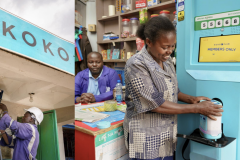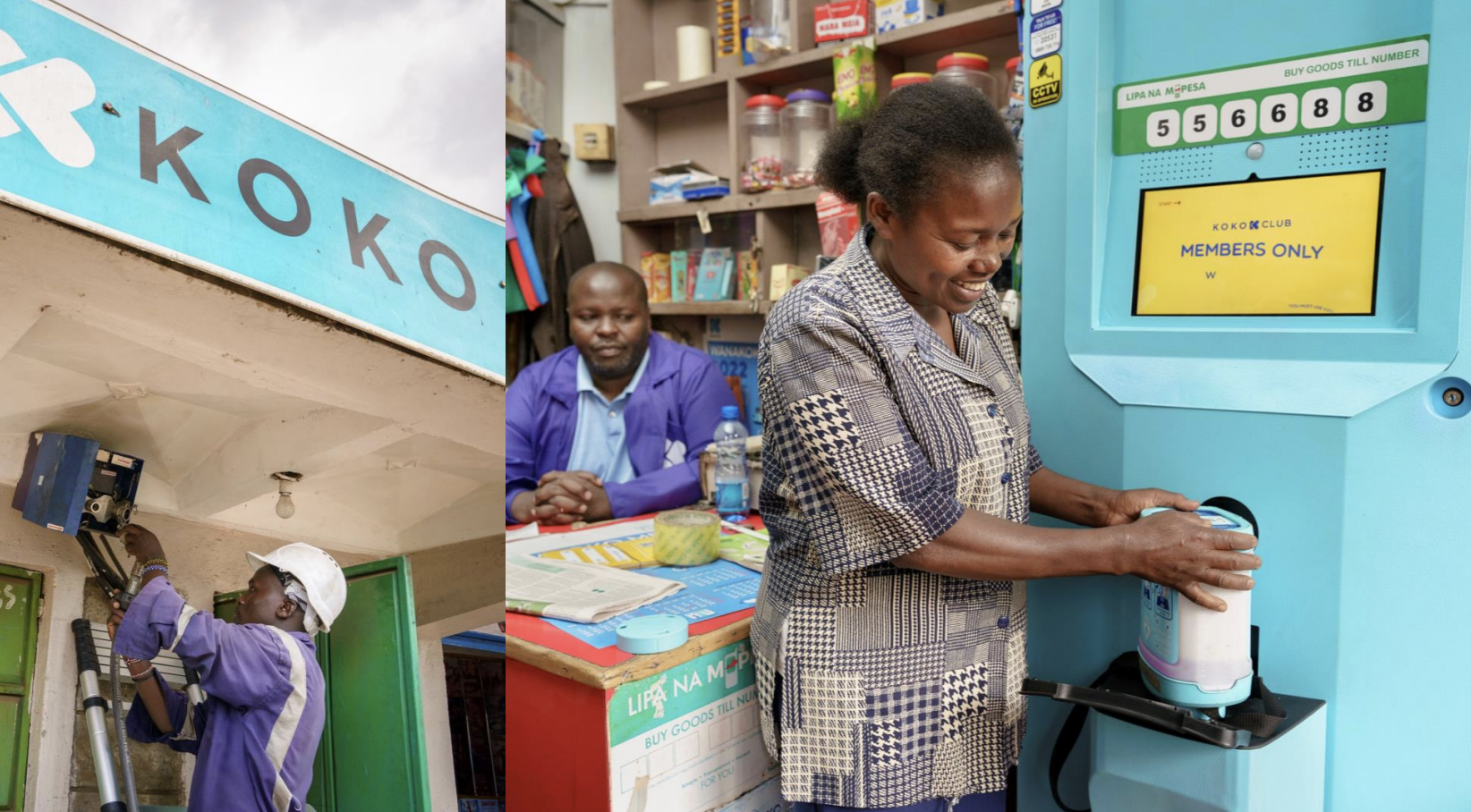

Welcome to the last week of November!☀️
A deep dive by TechCrunch last Friday revealed that Y Combinator’s near-5,000 portfolio companies often include startups that replicate ideas from other YC companies, especially in fields like AI and code editors. One such example is PearAI, which admitted to cloning another AI startup’s technology in October 2024, vowing to start again from scratch.
Yet, the spoils extend farther away from artificial intelligence. YC has been gung ho about backing startups in crypto trading, e-commerce platforms, payroll solutions, and corporate expense management, since the successes of Coinbase, Shopify, Gusto, and Brex. Many startups have taken the advantage to duplicate what worked.

Companies
Marc Jury, MultiChoice South Africa CEO to resign in March 2025

On Friday, November 22, 2024, Marc Jury, CEO of Showmax and the South African arm of MultiChoice, announced his resignation effective March 2025. Byron du Plessis who is currently the group deputy chief financial officer (Deputy CFO) will take charge from April 1, 2025.
Jury has been with the company for over ten years. Formerly, he was the CEO of SuperSport, the sports and entertainment broadcast channel owned and operated by the giant pay-TV company, between 2020 and 2023.
In his role at SuperSport, Jury expanded the broadcasting rights for SuperSport to include the local South African sports league, as well as the CAF champions league on DStv which brings in millions of views yearly.
When the payTV faced monopoly accusations in Kenya in 2020, Jury was responsible for maintaining partnerships with the English premiership to help SuperSport keep its market leader status in sports broadcasting.
As Showmax’s CEO—a position he took over in September 2023 after Yolisa Phahle resigned—his insistence on prioritising local content production put Showmax on the map. In H1 2024, MultiChoice Group invested R1.6 billion ($88 million) into Showmax.
By the end of 2023, Showmax was trailing as a close second behind only Netflix (1.2 million subscribers) in the South African streaming market with 937,000 subscribers.
However, Showmax has since relinquished that position to third and is now in close competition with Netflix and Amazon Prime Video for the number one spot as of Q2 2024, according to data from JustWatch.
Yet, in H1 2024, the local streaming service grew its active subscriber base by 50% and topped subscriber watch hours. MultiChoice Group in the last half-year results, announced its plan to continue investing in Showmax, describing the service as being in its “peak investment cycle.”
Jury will leave Showmax and MultiChoice South Africa to pursue other interests in sports business. The handover period for du Plessis will begin on December 1, 2024 where Jury will closely mentor his successor in his new role before resigning in March 2025.
Read Moniepoint’s Case Study on Funding Women

After losing their mother, Azeezat and her siblings struggled to keep Olaiya Foods afloat. Now, with Moniepoint, they’re transforming Nigeria’s local buka scene. Click here for a deep dive into how Moniepoint is helping her and other women entrepreneurs overcome their funding challenges.
Economy
Fuel subsidy removal has saved Nigeria $20 billion, says Wale Edun

“On fuel subsidy, unfortunately, the budget before I assumed office is that no provision is there for fuel subsidy. So, fuel subsidy is gone.”
This was Nigerian President Bola Tinubu giving his inaugural speech on May 29, 2023 after winning the presidential election three months earlier. The newly-assumed President removed the fuel subsidy that day.
It was one of the first actions he took as president, addressing the costly fuel subsidy, which had been a key promise in his Renewed Hope agenda.
In 2022, it cost ₦4.39 trillion ($2.6 billion) to subsidise petrol for 223 million Nigerians.
During former president Muhammadu Buhari’s term, Nigeria’s ex-finance minister Zainab Ahmed warned that the country could easily go 70% over-budget and continue its alarming streak of budget deficits, if the fuel subsidy stayed put.
At the time, Nigeria had spent ₦3.36 trillion ($2 billion) in the first-half of 2023—which would have likely doubled by the end of the year if Tinubu hadn’t intervened.
For many economists and rational thinkers, this was the right decision. But that didn’t make the decision any easy for millions of Nigerians who have had to deal with the steep hike in petrol prices from ₦145 ($0.086) per litre to ₦1,025/litre ($0.61/litre) in the space of 17 months.
Yet, that tough decision appears to be vindicated as Wale Edun, Nigeria’s current finance minister, claims that the country has saved $20 billion (₦33.8 trillion) through the fuel subsidy removal and adoption of a market-based pricing.
President Tinubu continues to intensify his efforts to build goodwill among Nigerians by introducing compressed natural gas (CNG) vehicles to make public vehicle access cheaper. He approved the PCNGi—which sponsors the conversion of petrol vehicles to CNG vehicles—in August 2023.
The country, under Tinubu, has also championed initiatives to subsidise drivers to convert their petrol vehicles into CNG vehicles and built CNG filling stations across the country.
Get Fincra’s Embedded Finance and BaaS Report 2024 for FREE
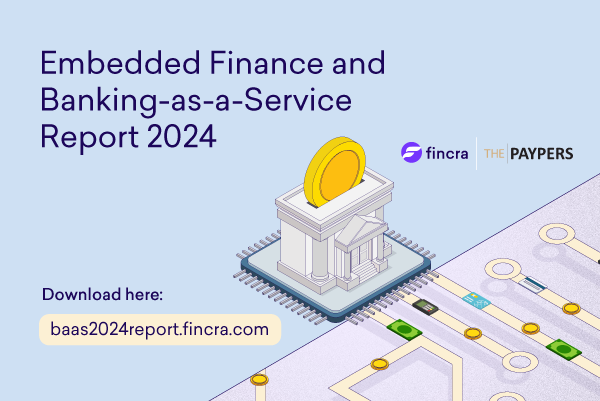
Fincra in collaboration with The Paypers have released the Embedded Finance and Banking-as-a-Service Report 2024. This report examines the key challenges and innovative solutions defining the future of seamless cross-border payments and remittances across the continent, among other topics, with key experts.
Banking
NDIC vows to pay uninsured Heritage depositors

One of the ways banks make money is by giving out loans using customers’ deposits. Although it’s a little bit more complicated than that, the regulation by the Central Bank entails that banks must maintain a healthy debt-capital ratio.
A bank that crosses that ratio may land itself in hot water. One of those banks is the now-defunct Heritage bank. Before its closure, Heritage Bank had the largest non-performing loans (NPLs) in the banking industry. About 90% of the bank’s active loan portfolio—or ₦490 billion ($280 million)—were considered lost or doubtful.
While the Nigeria Deposit Insurance Corporation (NDIC), the independent government agency that protects customer deposits, ensured that customers of the bank with less than ₦5 million ($3,000) got refunds after the shutdown, people with more than that amount were promised refunds after the assets of the closed bank were realised.
The NDIC is now moving in full swing to make those refunds. The regulator has commenced the process of recovering debts from debtors to repay uninsured depositors of the bank.
In June, the NDIC said 2.3 million insured depositors have balances less than ₦5 million ($3,000), while 4,000 depositors have ₦5 million and above. The NDIC will have one less uninsured depositor to worry about as Multichoice recently wrote off ₦31.6 billion ($18.7 million) in the bank.
The NDIC announced in August that it had successfully paid 82.36% of the total insured deposits to customers of the Bank.
Before Heritage Bank’s licences were revoked in June 2024, it considered a host of strategies like storming the residences of defaulters with available security resources, employing debt recovery agents, sale of pledged property, and engagement with ex-staff. The NDIC will likely want to borrow that playbook to recover the debts.
Introducing Paystack transfers in Kenya 🇰🇪
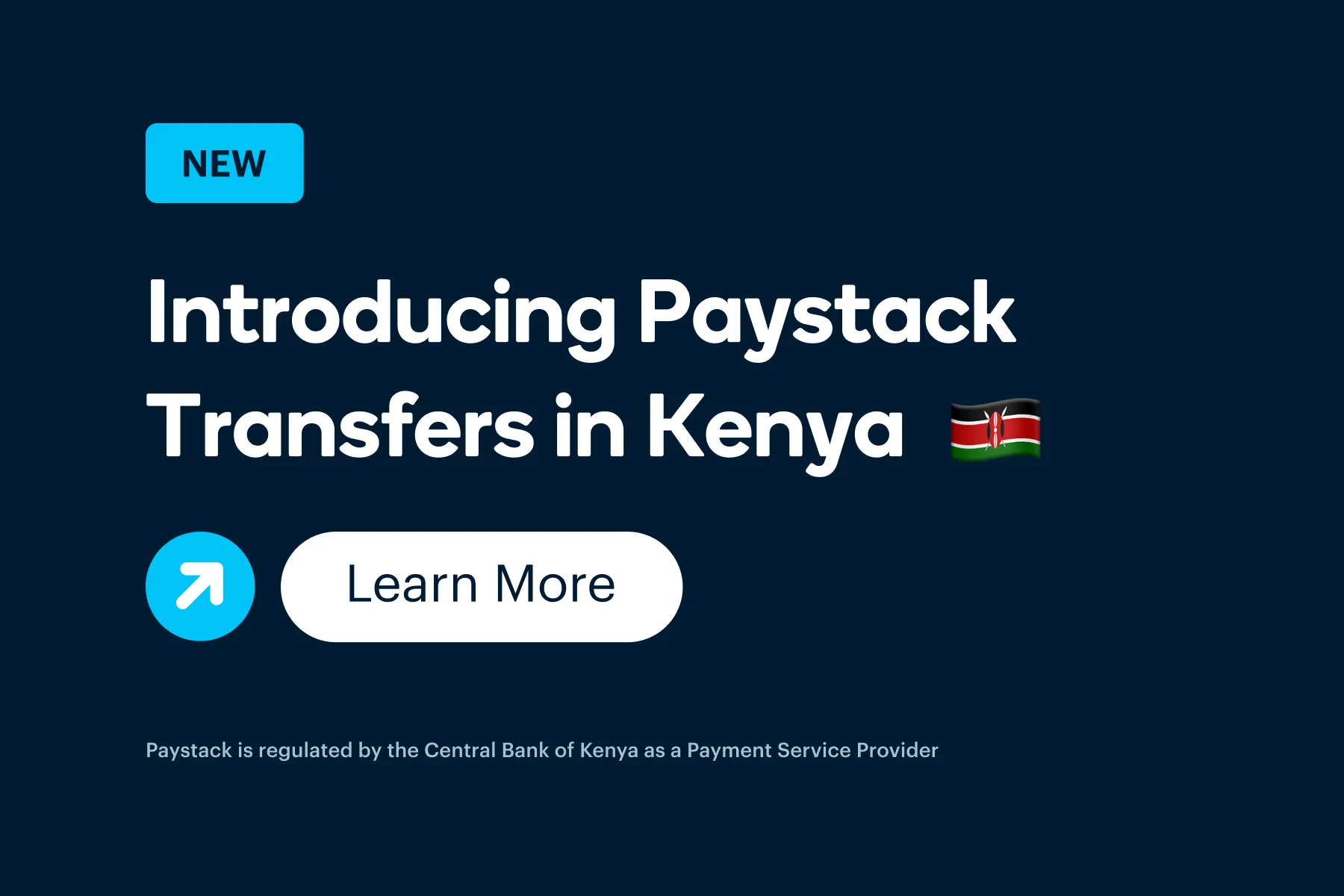
Paystack merchants in Kenya can now send single and bulk transfers to any Kenyan bank or MPESA account (including customer wallets, Paybills, and Tills) Learn more →
Economy
Nigerians unable to afford healthy meals
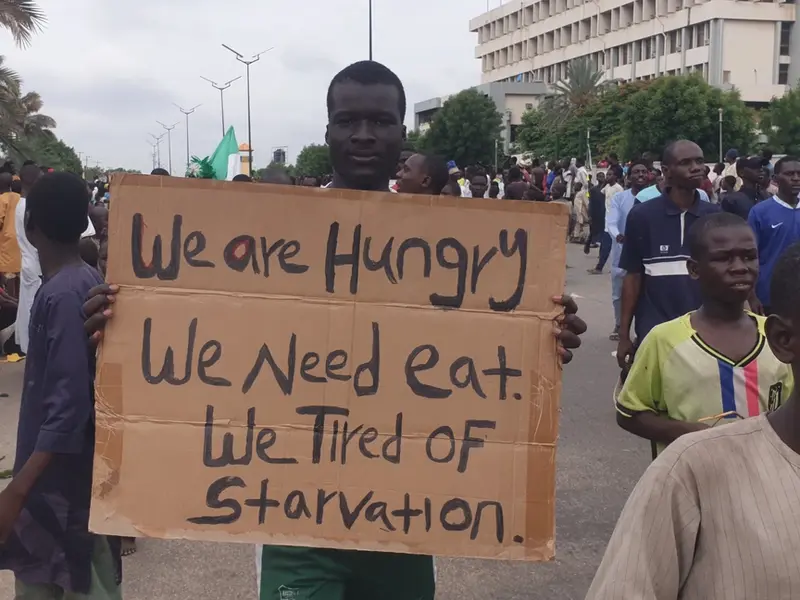
Food inflation in Nigeria has been on a continuous increase. In June, Nigeria’s food inflation reached a decade high of 41%.
These increases in food prices has led to more Nigerians skipping meals. A new General Household Survey report by Nigeria Bureau of Statistics states that almost two out of three Nigerian households are unable to afford healthy meals.
The situation is more grim as the number of households that reported not having enough food to eat because of lack of money doubled to 62.4% in 2023 from 37% in 2019. The price of rice, a staple in the country, has more than doubled since March. The prices of a yam tuber, an alternative to rice in most homes, also increased by 141% in the same period, leaving households with no room to escape higher prices.
These increases in food prices has led to wide malnutrition amongst Nigerians, leading to stunted growth. The report also indicates a 25% increase in the number of underweight children in the past four years.
While the increase in food prices has been due to insecurity in the food-producing northern areas of the country as well as the deviation of the naira, there seems to be no end in sight. Flooding in key food-producing areas means that food inflation which is currently at 39.16% might not be coming down anytime soon. Also, a recent increase in fuel prices has impacted the cost of transporting food.
CRYPTO TRACKER
The World Wide Web3
Source:

|
Coin Name |
Current Value |
Day |
Month |
|---|---|---|---|
| $97,820.23 |
– 0.39% |
+ 46.31% |
|
| $3,371.03 |
– 1.17% |
+ 37.30% |
|
| $0.4389 |
+ 49.40% |
+ 11.76% |
|
| $252.63 |
– 1.52% |
+ 52.14% |
* Data as of 06:00 AM WAT, November 25, 2024.
Jobs
- Platos Health – Product Marketing Manager – Lagos, Nigeria
- Flutterwave – Compliance Officer – Hybrid (Lagos, Nigeria)
- Jobberman Nigeria – Digital Marketer – Lagos, Nigeria
- Renmoney – Growth Manager, Head of Legal & Compliance, Head of Contact Centre – Lagos, Nigeria
- Nosmas – Full stack Developer – Lagos, Nigeria
- Kora– Technical Support Engineer – Remote (Lagos, Nigeria)
- Paystack – Finance and Strategy Specialist – Lagos, Nigeria
- Startbutton – Digital Marketing Associate – Hybrid (Lagos, Nigeria)
- Qore – Product Manager – Lagos, Nigeria
- Hustlebean – Visual Communications Specialist – Remote (Lagos, Nigeria)
- PressOne Africa – Growth & Sales Operations Manager – Hybrid (Lagos, Nigeria)
Get 60% off Google Workspace for a Year

Start on Google Workspace with a 60% discount on your monthly subscription and pay in Naira when you pay through Mercurie. Sign up to get started now.

Written by: Emmanuel Nwosu & Faith Omoniyi
Edited by: Timi Odueso
Want more of TechCabal?
Sign up for our insightful newsletters on the business and economy of tech in Africa.
- The Next Wave: futuristic analysis of the business of tech in Africa.
- Entering Tech: tech career insights and opportunities in your inbox every Wednesday at 10 AM WAT.
- TC Scoops: breaking news from TechCabal
P:S If you’re often missing TC Daily in your inbox, check your Promotions folder and move any edition of TC Daily from “Promotions” to your “Main” or “Primary” folder and TC Daily will always come to you.













